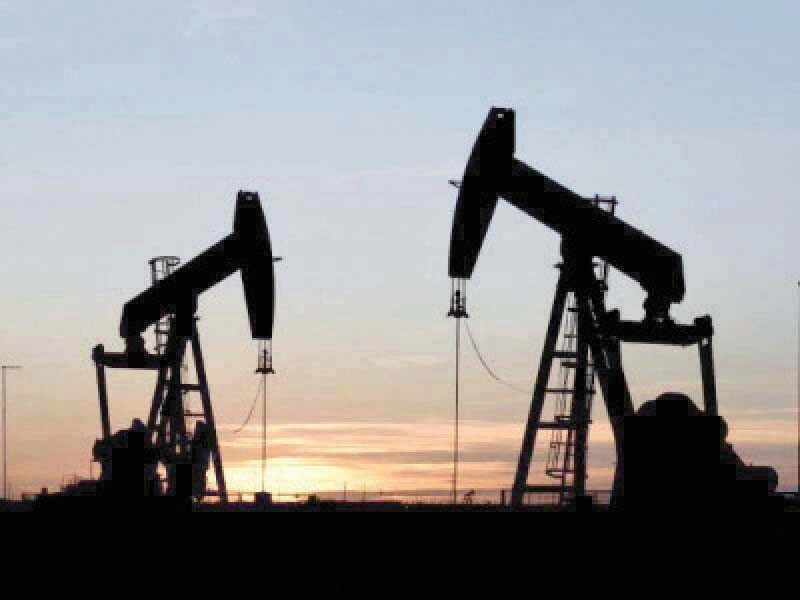
Economic managers of Pakistan have objected to the grant of double subsidy on energy to export sectors and asked the government to review its decision.
At present, the major export-focused sectors are being given subsidy on two energy resources – gas
and electricity.
The Economic Coordination Committee (ECC) has recently approved a subsidy of Rs60 billion on supply of electricity and re-gasified liquefied natural gas (RLNG) to the five export-oriented sectors.
In the ECC meeting, energy task force Chairman Shahid Khaqan Abbasi raised the issue of double subsidy on energy for the major exporters, mainly the textile sector, and called it distortion.
ECC members were of the view that it would heavily inflate the subsidy envelop. A few members observed that such schemes clearly missed the rationality and came at a time when the government was imposing additional burden on the International Monetary Fund’s (IMF) demand on the middle-income class including retailers and small traders.
Finance ministry endorsed the point of view of Abbasi, who said the Petroleum Division may bring a list of all such units that were getting both subsidised electricity and gas within a month for the ECC’s review.
The Finance Division argued that in case of any additional funding requirement, the matter would have to be discussed with the IMF in consultation with the
energy ministry.
The previous government had started a probe into the impact of subsidy on exports. The finance ministry pointed out that exports had not increased in quantity, rather they had risen due to devaluation of the rupee against the US dollar.
However, the current government has also announced the subsidy on exports without examining its impact.
On the one hand, top businesses and industries are enjoying discounted tariffs while on the other hand power tariffs have been increased for the rest of country by Rs7.91 per unit, slabs for the working class have been raised and a fixed sales tax ranging from Rs3,000 to Rs25,000 is being applied to the retailers and small traders through electricity bills.
An amount of Rs60 billion was approved against the demand for Rs129 billion brought by the Ministry of Commerce for the current fiscal year. The export sector had been able to fetch Rs106 billion in subsidy in the previous year.
Meanwhile, the All Pakistan Anjuman-e-Tajiran and the Traders Action Committee took to the streets in Islamabad, demanding the removal of Finance Minister Miftah Ismail for imposing sales tax on electricity bills, and dubbing it “cruel.”
Protests erupted in Azad Jammu and Kashmir, Peshawar, Lahore and many other parts of the country where small traders stated that with high inflation they could not afford the new
tax burden.
According to the finance minister, there are approximately 8 million retailers in Pakistan, who have been targeted with slab revision with an understanding that at least 30-35% will register with the Federal Board of Revenue (FBR) and become active taxpayers.
According to tax experts, at best 3 million retailers will register, of which some will be exempted whereas the remaining small to large retailers will fall in the taxpaying category.
Average tax collection expected from this exercise is Rs150 to Rs200 billion. However, this seems unlikely as the retailers and small businesses are already reeling from the shock of fuel price and power
tariff hikes.
Residential consumers have taken to social media to question why taxes are outweighing the price of electricity in the Wapda bills for July. Both residential and commercial consumers as well as the unprotected industrial consumers are set to be hit by a further hike in electricity bills from
August onwards.
In a bid to secure IMF loan, Prime Minister Shehbaz Sharif-led government has agreed to increase base tariff of electricity by Rs7.91 per kilowatt-hour (kWh).
In the first phase, the tariff hike of Rs7.91 per unit is set to be charged in the bills generated in the last week of July. Exporting industries and gas-based generators will be exempt from the taxes in bills, the power tariff increase as well as fuel adjustment charges.
The government is procuring highly expensive RLNG to keep its power plants running. This high cost is passed on to small businesses and common consumers through the fuel price adjustment.
Wapda’s fuel cost adjustment was Rs120 billion for May and Rs133 billion for June. These costs will be collected in July and August bills respectively.
Looking at the fuel price trajectory, this will put an additional burden of at least Rs800 billion on the public this year alone in fuel
cost adjustments.
Published in The Express Tribune, July 30th, 2022.
Like Business on Facebook, follow @TribuneBiz on Twitter to stay informed and join in the conversation.

1730959638-0/trump-(19)1730959638-0-405x300.webp)
1719925273-0/BeFunky-collage-(46)1719925273-0-165x106.webp)





1730963708-0/Express-Tribune-Web-(27)1730963708-0-270x192.webp)









COMMENTS
Comments are moderated and generally will be posted if they are on-topic and not abusive.
For more information, please see our Comments FAQ